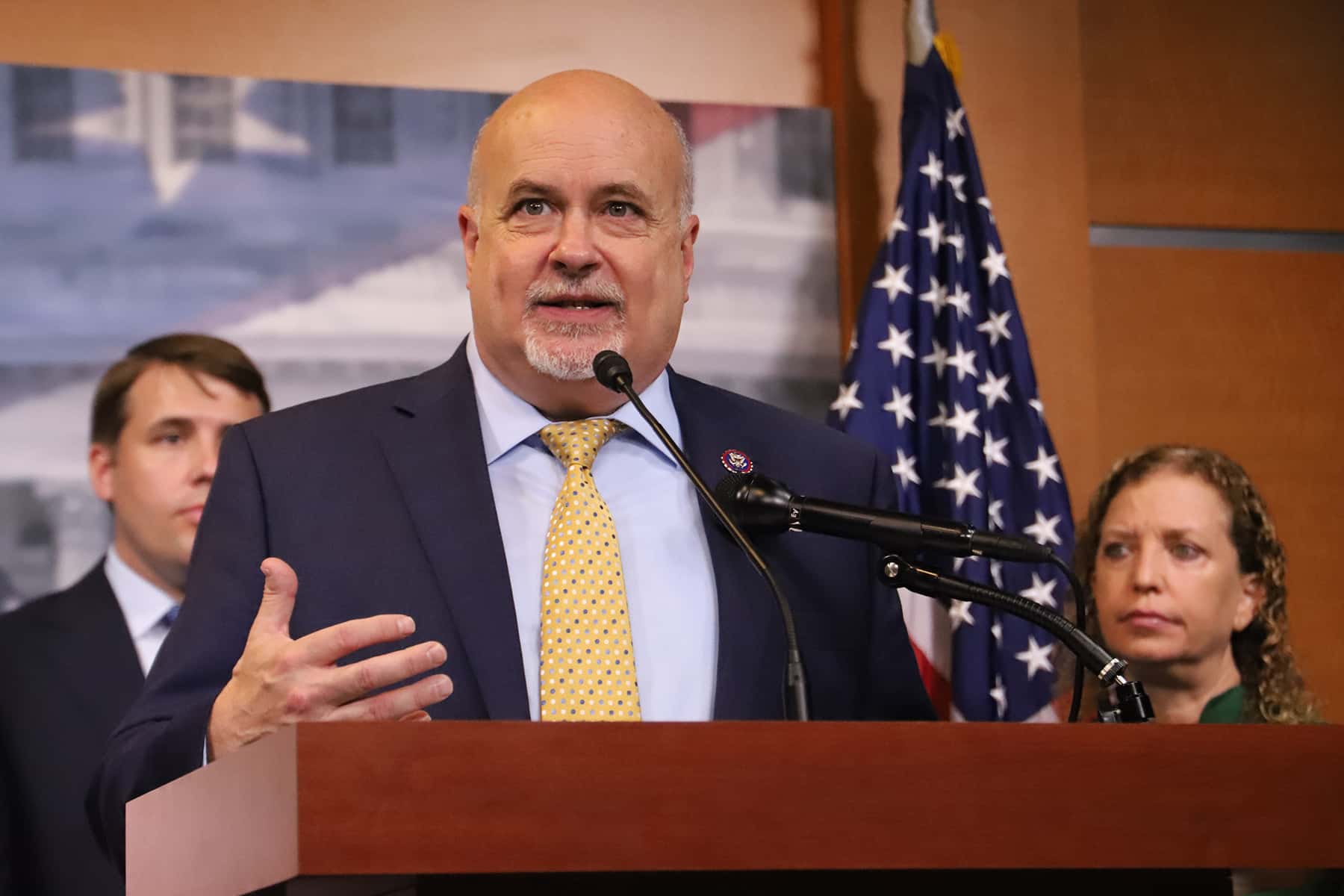
A Democratic congressman from Wisconsin has unveiled a plan to use portions of America’s defense budget on increasing COVID-19 vaccinations in some of the poorest countries of the world.
U.S. Rep. Mark Pocan introduced a bill earlier this week that would shift just over 1 percent of U.S. military funding approved in the 2021 National Defense Authorization Act, about $9.6 billion, to international vaccine production, procurement and distribution this year and early next year.
The U.S. has already shipped millions of doses of COVID-19 vaccines to countries around the world, but Pocan argues more support is necessary.
“You’re never going to stop variants until you vaccinate more people in the world,” Pocan said. “It’s in our best interest to make sure the world gets vaccinated as quickly as possible.”
According to Pocan’s office, the additional funding from the U.S. could double current efforts to distribute vaccines to low-income countries.
Vaccination rates vary widely around the world. According to reports, Malta leads all countries globally, with 81 percent of its population fully vaccinated, and a number of African countries have fewer than 1 percent of their populations fully vaccinated. Roughly 51 percent of the United States’ population is fully vaccinated, according to the New York Times data, which is collected from a University of Oxford analysis.
Pocan said he believed that increased support from the U.S. would not only save lives, but promote international goodwill and bolster national security.
“We have a real opening to accomplish a number of goals by doing this,” he said.
Some groups, including the World Health Organization, have raised concerns this month about the U.S. offering booster shots to its own citizens in the coming months when many countries have yet to begin any vaccine distribution. Pocan argued it’s possible to offer boosters and increase international support.
“We can ramp up production, if necessary,” Pocan added. “This is something that doesn’t have to be an either-or situation.”
The proposal is still being circulated among members of Congress for co-sponsorship. Pocan’s office said the plan would not affect any funds intended for U.S. military personnel.
Laurel White
U.S. Rep Mark Pocan / Twitter
Originally published on Wisconsin Public Radio as Wisconsin Congressman Introduces Plan To Increase Global Vaccination Efforts














